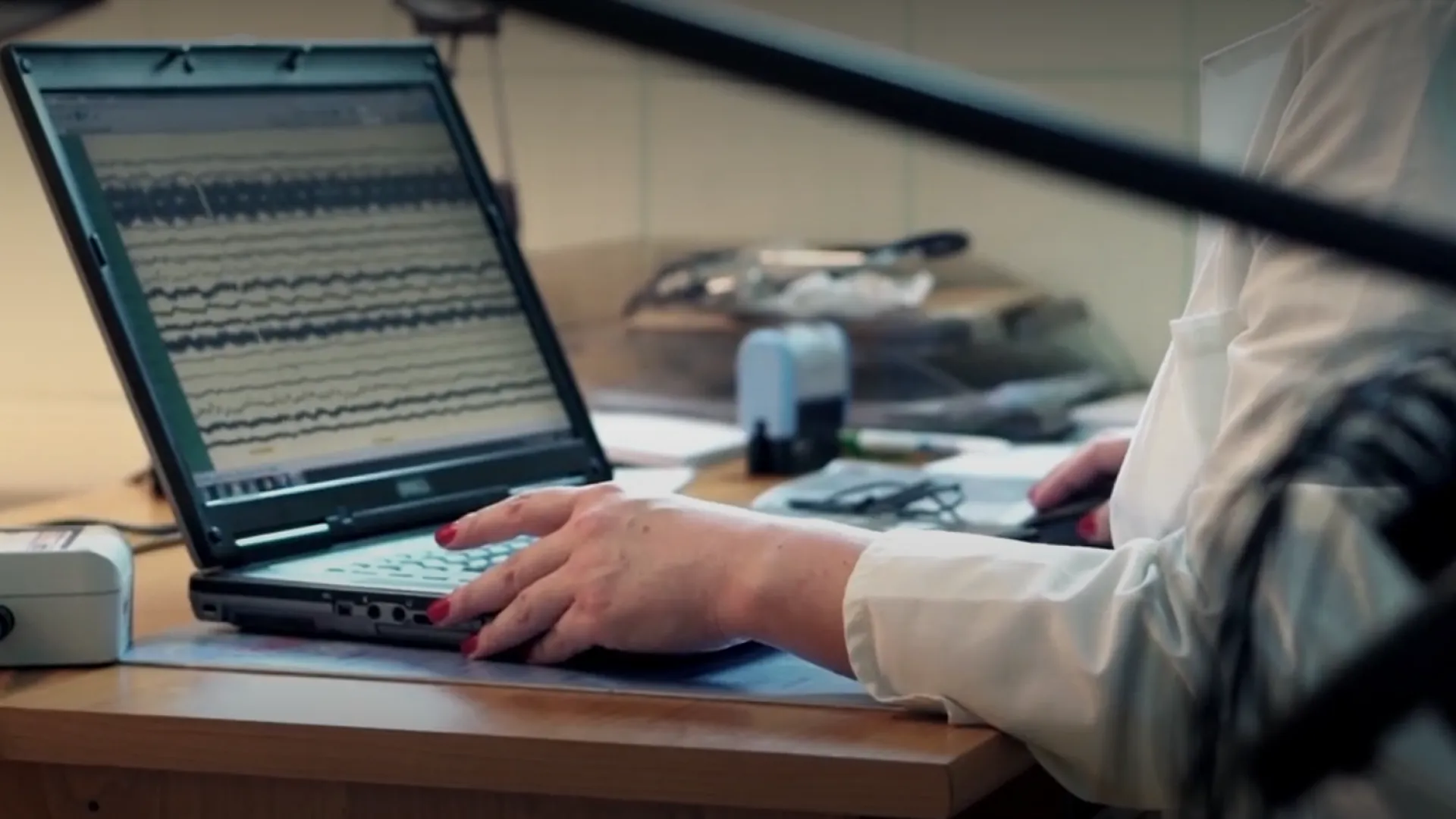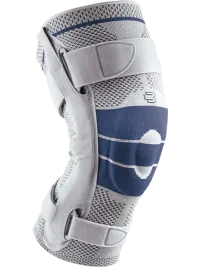
Electrodiagnostic Testing
Getting You Back to What Matters
When the visual findings can't explain the symptoms well enough
Electrodiagnostic testing, also known as EMG or EMG/NCV testing is an important tool in evaluating pain, tingling, numbness, weakness, loss of coordination, and basically any complaint that involves the nerves and/or muscles.
While tests such as X-rays, CT scans, MRI scans, bone scans, and the like give important information about how structures in our bodies appear, there are times when the visual findings on CT, MRI, etc. do not explain the patient's symptoms and exam findings well enough.

A Useful Tool to Determine if Surgery is Necessary
Sometimes the findings are treated, with or without surgery, yet the symptoms continue or spread.
There are other occasions when the surgeon wants to know more about the severity of nerve damage before moving forward with surgery so that a better discussion can be had with the patient about what to expect after surgery. Electrodiagnostic testing (EMG/NCV) is very helpful in these situations.
Electrodiagnostic tests are generally two-part tests. The first part consists of putting small ring or pad electrodes on the skin along the course of certain nerves, using a probe to stimulate the nerve through the skin and recording the response. This response will look like a waveform picture on the screen. The second part of the study involves placing a very small, thin needle into certain muscles and recording the activity. The results are combined to develop a diagnosis, rule out other diagnoses, and discuss severity.
At OrthoSouth®, the physicians performing electrodiagnostic testing work closely with our surgical and non-surgical physicians and providers to get the most complete diagnoses possible so that care can be optimized.

